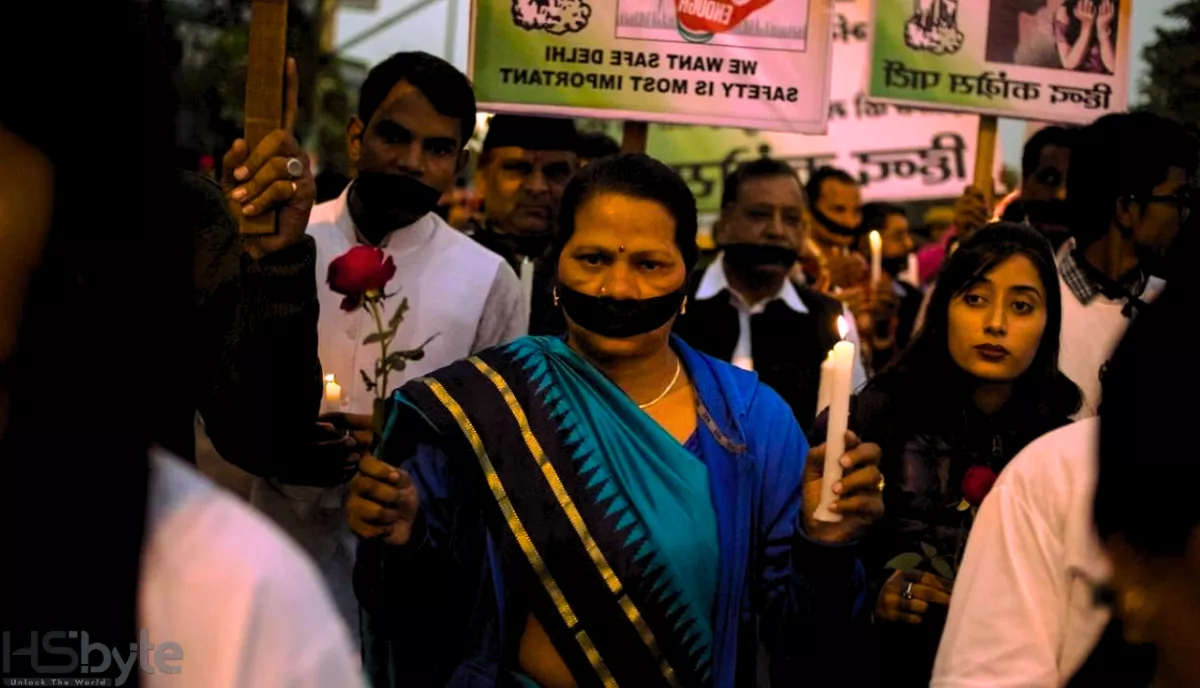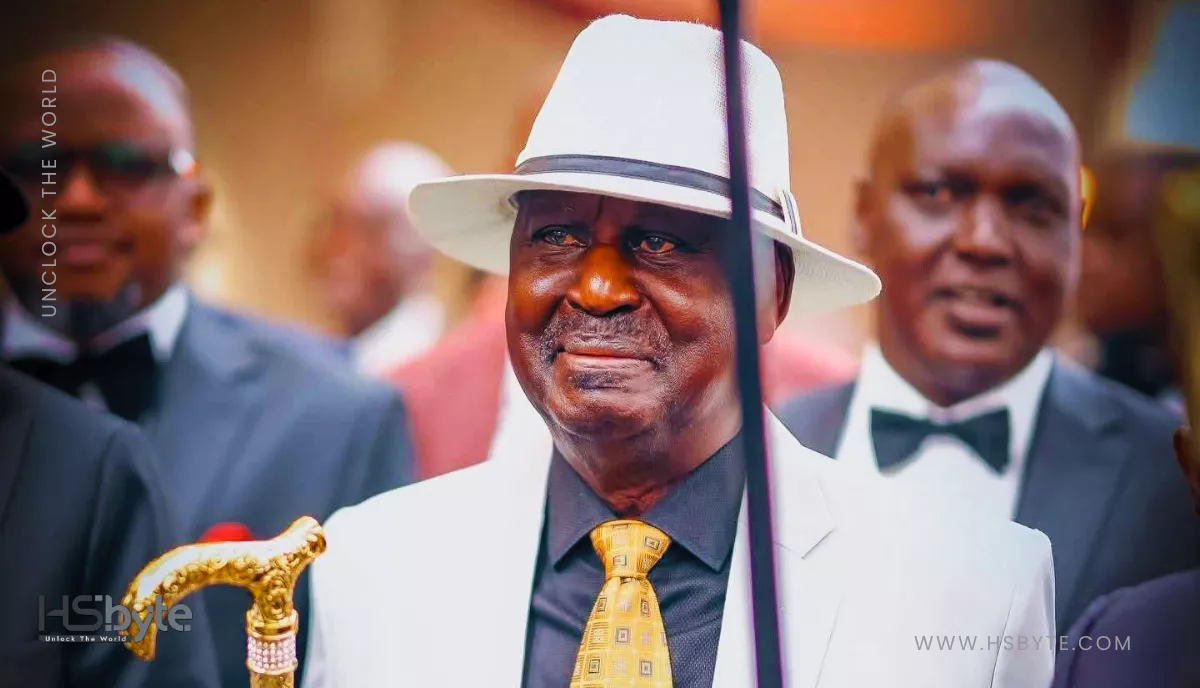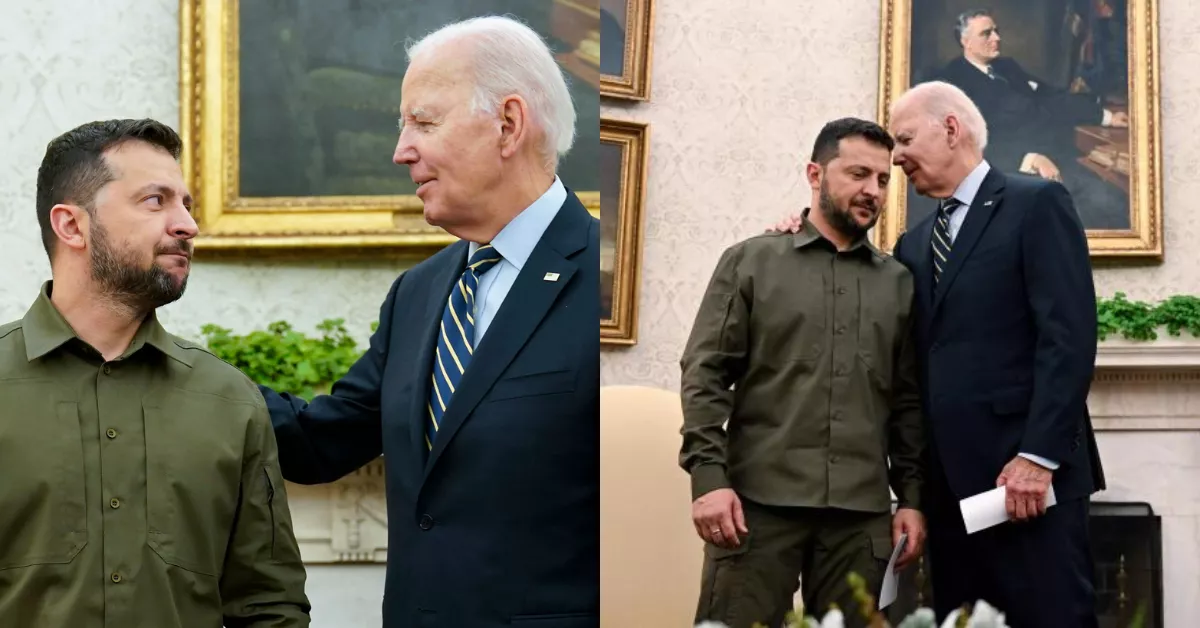

- Share
India's Debate on Criminalising Marital Rape
The Indian government has opposed petitions in the Supreme Court that seek to criminalise marital rape, describing such a move as “excessively harsh.” The federal home ministry argued that while “a man does not have a fundamental right” to force sex upon his wife, there are sufficient laws in place to protect married women from sexual violence.
The Current Legal Status of Marital Rape in India
The Supreme Court is currently hearing petitions that aim to amend a British-era law exempting marital rape from prosecution. Section 375 of the Indian Penal Code, enacted in 1860, explicitly states that a man cannot be prosecuted for raping his wife if she is not a minor. This outdated provision is being challenged by campaigners who argue that forced sex is still rape, regardless of whether it occurs within a marriage.
Violence Within Marriage: Alarming Statistics
Violence within marriage is a significant issue in India. According to a recent government survey, one in 25 women have faced sexual violence from their husbands. This troubling statistic highlights the widespread problem of violence against women within the institution of marriage, and the need for legal intervention to protect women’s rights.
Global Perspective: How Other Countries Address Marital Rape
Marital rape is outlawed in more than 100 countries, including Britain, which criminalised it in 1991. However, India remains among the three dozen nations—including Pakistan, Afghanistan, and Saudi Arabia—where marital rape is still not criminalised. This puts India out of step with much of the global community on the issue of protecting women from sexual violence within marriage.
Campaigns Against Section 375
In recent years, several petitions have been filed calling for the removal of the marital rape exemption in Section 375. Campaigners argue that such an exemption is outdated and inconsistent with modern values. Human rights organisations, including the United Nations, Human Rights Watch, and Amnesty International, have also raised concerns about India’s refusal to criminalise marital rape.
Government's Stance: Opposition to Amendments
Despite growing pressure from campaigners and human rights organisations, the Indian government, alongside religious groups and men’s rights activists, has opposed amending the law. They argue that sexual consent is “implied” within marriage and that a wife cannot retract this consent once given. This stance reflects deeply rooted patriarchal traditions in the country.
Contradictory Court Judgments
Indian courts have issued conflicting judgments on marital rape. In some instances, they have allowed husbands to be tried for rape, while in others, they have dismissed similar petitions. This inconsistency further complicates the legal landscape regarding marital rape in India.
Split Verdict by Delhi High Court
The matter of criminalising marital rape reached the Supreme Court after a split verdict by the Delhi High Court in 2022. The top court began its hearings on the issue in August, and the outcome could have significant implications for the future of women’s rights in India.
Government’s Latest Affidavit: Marriage as a “Different Class”
In a recent 49-page affidavit submitted to the Supreme Court, the Indian government maintained its opposition to criminalising marital rape. The affidavit argued that marriage is a unique relationship with its own set of laws, rights, and obligations. The government claimed that criminalising marital rape could have a severe impact on the conjugal relationship and lead to significant disruptions in the institution of marriage.
The "Expectation of Sexual Access" in Marriage
The affidavit also noted that there is a “continuing expectation to have reasonable sexual access from one’s spouse” in a marriage. While this does not entitle a husband to coerce his wife into having sex, the government argued that including marital rape under anti-rape laws would be “excessively harsh” and “disproportionate.”
Existing Laws and Social Implications
The government further contended that existing laws addressing domestic violence, sexual harassment, and assault are sufficient to protect married women. Additionally, the home ministry asserted that marriage is a social institution, and the issue of marital rape is more social than legal. Therefore, it should be left to parliament to decide on policy and formulate any amendments.
The debate over criminalising marital rape in India highlights the ongoing struggle between tradition and modern values. While the government maintains its stance against criminalisation, citing concerns about the institution of marriage, campaigners continue to call for reforms to protect women from sexual violence, regardless of their marital status. As the Supreme Court hears this significant case, the outcome will have far-reaching consequences for women’s rights in India.
You May Also Like


Israeli Hostage Couple Reunited After 738 Days

Raila Odinga Dies at 80: Kenya Mourns Political Giant

Trump Demands Hamas Disarm Amid Brutal Gaza Crackdown

Israeli Strikes on Iran Heighten Tensions

UNIFIL Post Breached: Israeli Tanks Escalate Tensions
Latest Update

Zelensky Biden Meeting Ignites Republican Outrage Amid Aid Talks

Wuthering Heights Film Casting: Controversy Sparks Debate

Will the US Presidential Election Shape the Future of Crypto?

War with Russia: Zelensky Sees Hope for Peace

Unpacking the ‘Dark Arts’ in Manchester City vs Arsenal Showdown

UNIFIL Post Breached: Israeli Tanks Escalate Tensions

Trump Demands Hamas Disarm Amid Brutal Gaza Crackdown

